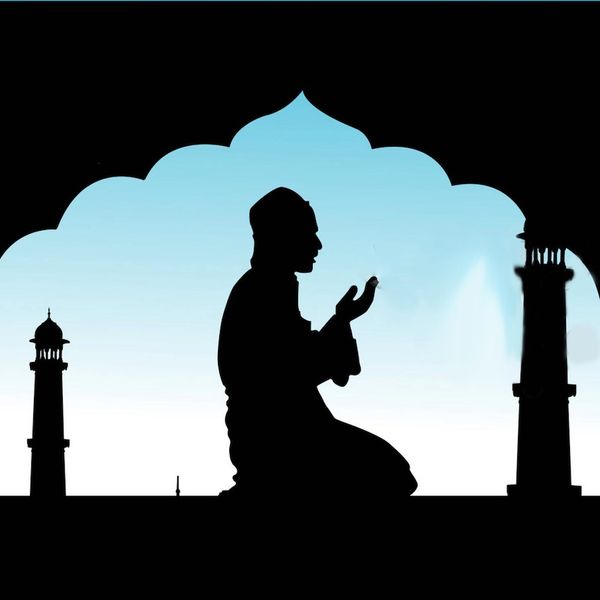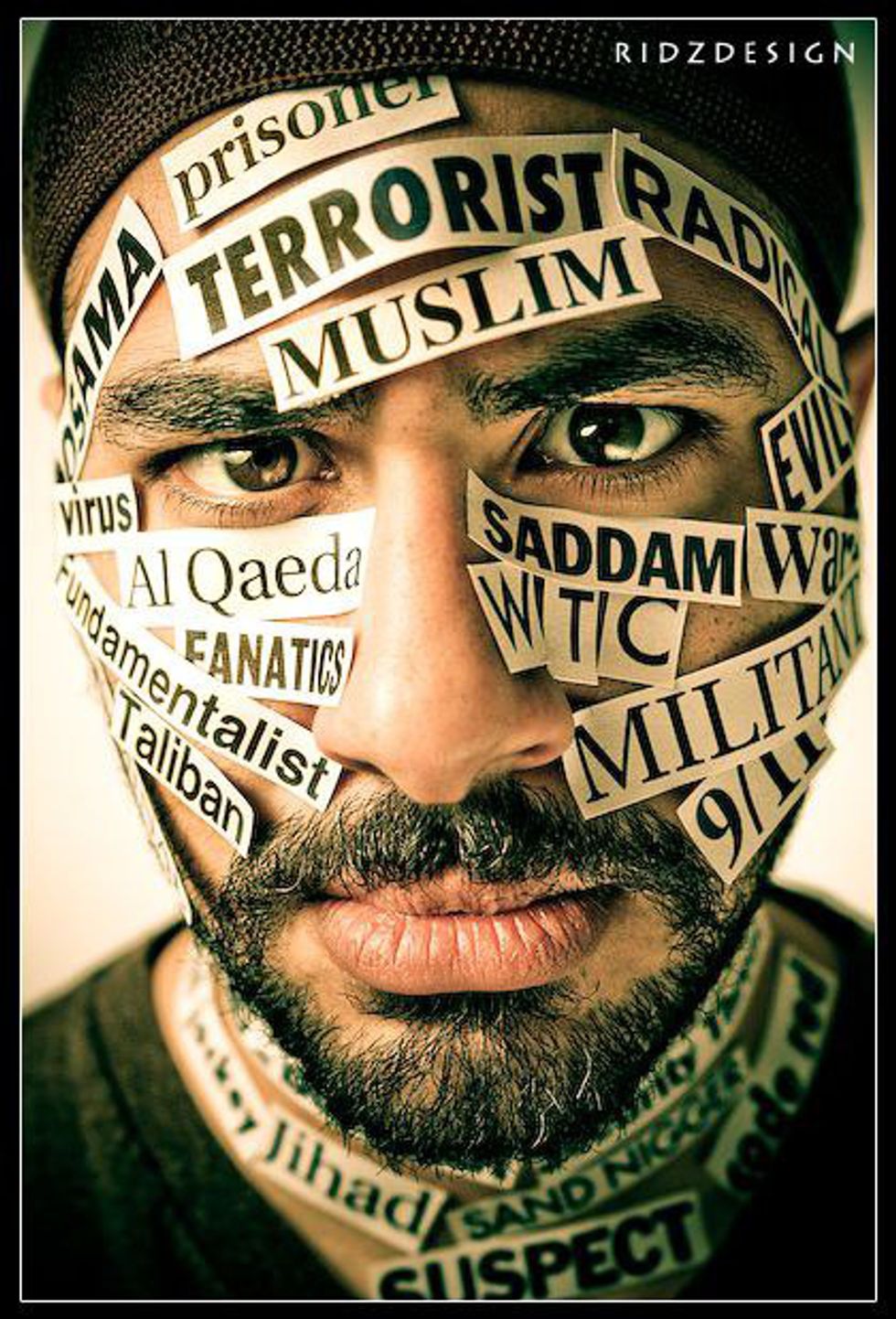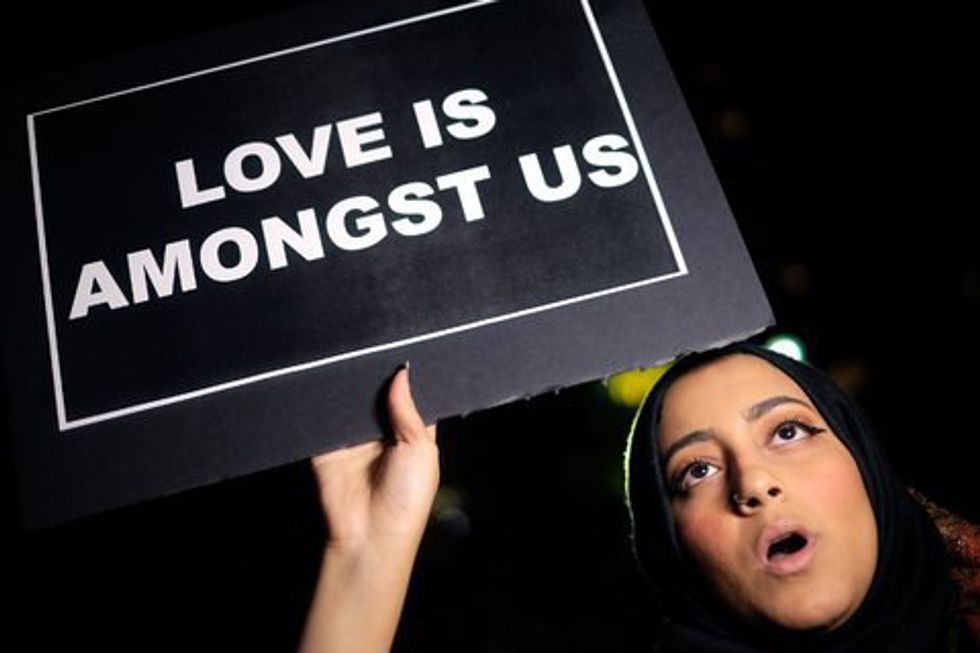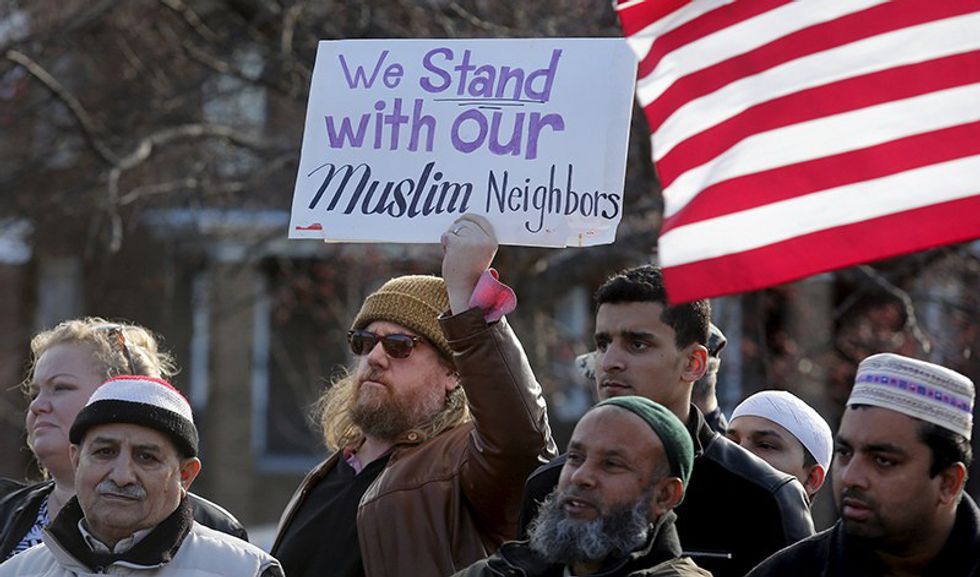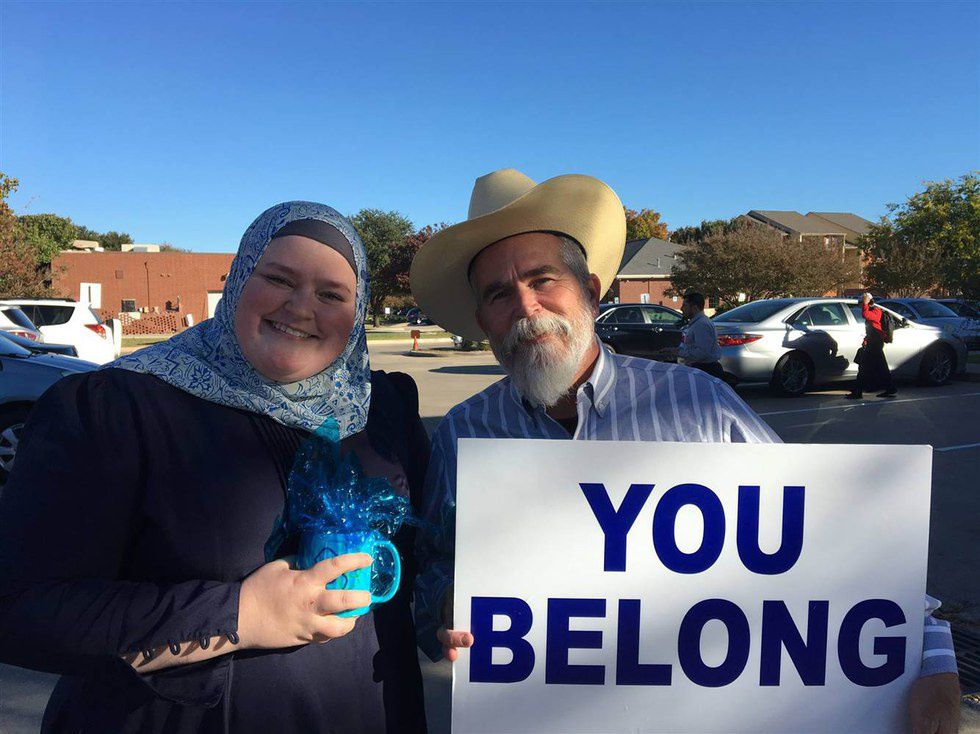In the midst of an incredibly unstable political climate in the United States, led by a man that claims the recent Executive Order on Immigration isn’t a ban on Muslims despite previously asking how he could ban Muslims, those of Islamic faith are continuing to experience some incredibly frustrating othering - to the extent that some massacres are actually being fabricated.
This is not new. In a time when white people are labelled ‘lone wolf’ when they shoot up a mosque filled with people praying, mainstream media still finds it difficult to label a white person a terrorist despite their involvement in acts of terrorism, making it odd that such a generalization isn’t placed onto our race when there clearly is a threat of terror.
To get the perspective from those affected by recent political discourse, I spoke to Charleston residents Danielle Sundby, a Logistics company employee and mother of two; and Zainab Hussain, a College of Charleston student and immigrant from Kuwait, for their personal insight into recent, hectic events that continues to paint Islam in a certain way.
When asked about why she thought Muslims were often grouped to be the extremists, Danielle said: “I think we’re targeted because the types of violence that exist in Muslim communities, due more to cultural issues rather than Islam, is often seen as extreme by Western standards,” said Danielle, a Logistics company employee and mother of two.
“Truth is, we have hundreds of thousands of extreme cases of child abuse and assaults in our own country, but I feel we have been de-synthesized to it.
“It has become the ‘norm’ type of bad behavior, so when people see different types of abuses, they’re appalled. I feel deep down it’s a psychological thing, and most aren’t even aware of why they react as they do.”
Zainab also cited the sweeping generalizations Muslims faced:
“It is just frustrating that Muslims are being subjected because of their religion, by people who don't even understand what Islam stands for.”
I asked them both if the recent political climate was also personally affecting them.
“...the attitude against Muslims has just gotten worse each year. People are grateful of what they don't know, but they won't try to understand what Islam actually is,” said Zainab.
“Each generation has their own enemies, like in the 70s and 80s it was Russians, and now it is Muslims. People believe that all Muslims are like the terrorists who are wreaking havoc, but we're just normal people with normal lives with a faith.”
Danielle agreed to some extent, citing recent events as allowing more hate speech:
“I feel [it] has changed the amount of people that feel more open to freely assault and threaten Muslims online, verbally or physically.
“I’ve personally had more glares and dirty looks lately. One time, a group of men in a car laughed at me and revved their engine while driving by me. It’s intimidation tactics to make us feel inferior, and it’s scary to live your life with a certain amount of fear of what a stranger may, or may not, do.”
However, Danielle felt that recent discourse has also allowed some positive movements, and an increase of support to appear.
“... I think that it’s essentially creating a wave of individuals that would otherwise stay quiet but are now coming out of their shells to let us know that we aren’t alone. From marches to web pages encouraging us all to help each other -- it’s beautiful, really.”
I asked them both if there was something that can be done to ensure Muslims and their communities feel safe during this time period. Zainab responded that it was important we first open up the conversation; look at why Muslims are being targeted, and when you see it, do something (as you should with any prejudice) to eliminate the harassment.
“Create a dialogue on why Muslims are being targeted, if you see a person in distress or in an uncomfortable situation, then step up and help them. One group of people shouldn't answer for the crimes of terrorists.”
Danielle highlighted the importance of embracing other faiths, seeing those of other religions, and non-religious folk, coming together; something she suggested we needed more of. But she also noted it was the little things that sometimes helped stop this othering:
“Reaching out to us helps – a friendly smile in the store or a visit to one of our mosques. Even the sincere gesture of holding the door open for us can be a big deal. I’ve actually begun going out of my way to thank those that show me kindness so they know it matters, and is appreciated.
“I’ve seen certain Muslimahs show more courage about going in public due to others simply making conversation with us more now.”
Danielle also drew attention to the effect negative stereotypes have had on followers of Islam, resulting in a defensive demeanor which results when one has experienced bad reactions from non-Muslims.
“I think sometimes people in the past have been afraid to approach the unknown of a woman wearing a hijab. We seem like a mystery; and out of habit, for some like myself, I can seem closed up because I’m bracing myself for the looks and obvious different treatment.”
But an inclusive attitude is fundamental, she says; again, even if it’s the small things.
“A smile is universal, though. It surpasses culture and language. It’s a warm, unwritten embrace of acceptance. That’s so very important.”
For more information on how you can be welcoming and unifying in a time of great political turmoil, sites like TrueIslam.com offer information about Islam, as well as details on how you can join Muslims in preventing a social divide we know will never, ever bring us peace.


